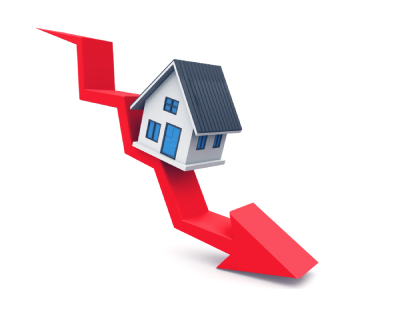
The number of properties withdrawn from the market in the second quarter of this year was greater than the number of completed sales according to Reapit.
The firm says in Q2 of this year some 51 per cent of properties taken off the market were withdrawn versus 49 per cent that sold the first time withdrawn properties had overtaken completed properties since May 2016.
A majority of properties withdrawn never even received an offer, claims Reapit – in fact only 38 per cent of withdrawals received an offer. It says the average withdrawn property has been marketed for five and a half months.
Regionally, London had the highest withdrawal ratio by a significant margin, with 61 per cent of properties taken off the market due to being withdrawn from sale.
Reapit suggests that Scotland’s relatively low withdrawal ratio of 17 per cent reflects the differences in the home-buying system north of the border.
Buyers are required to have a mortgage agreed in principle upfront, initial searches are completed beforehand and solicitors are involved in the process of registering offers. “The parties show more commitment because they have already incurred costs and would lose out due to the up-front fees business model” Reapit claims.
Last month Reapit, along with data consultancy Dataloft, prepared a report claiming that estate agents were “potentially losing” over £4 billion annually in properties that were withdrawn rather than sold.












.png)


.png)




Join the conversation
Jump to latest comment and add your reply
61% of London properties can't be sold now. That is staggering. Huge pent up supply. Once reality dawns on these people that 2014 peak ain't coming back there is a going to be significant downwards pressure on prices. It is worth pondering the experience of Toyko which experienced a similar speculative bubble to London in the late 1980s. In 2004, Tokyo property was worth only 10% of the price at the top of the market in 1989!
Please login to comment